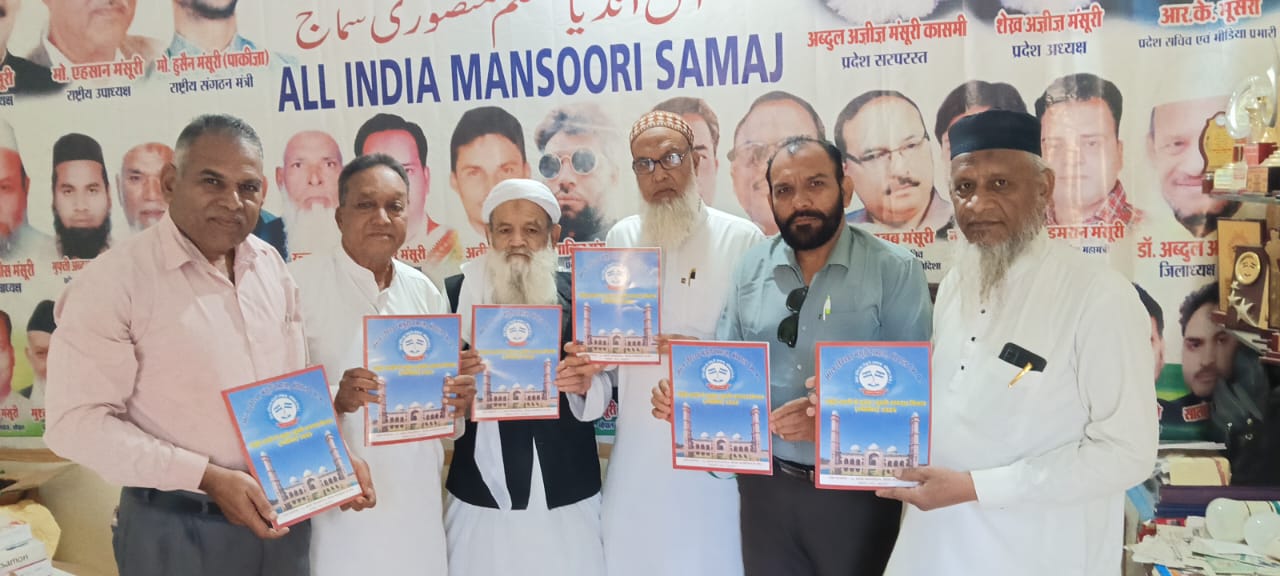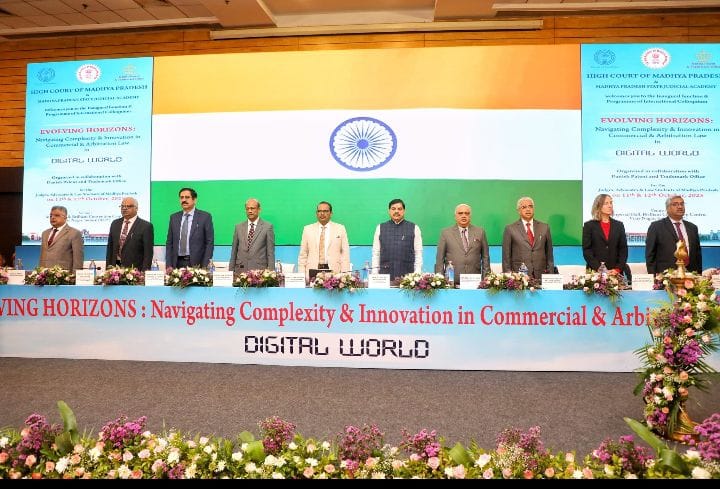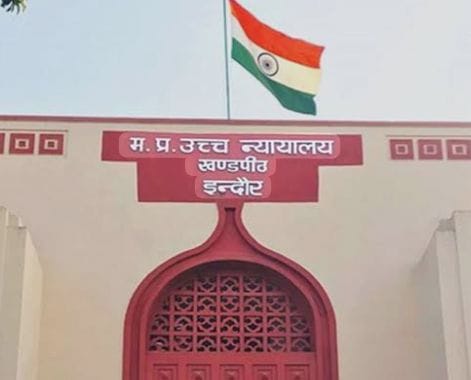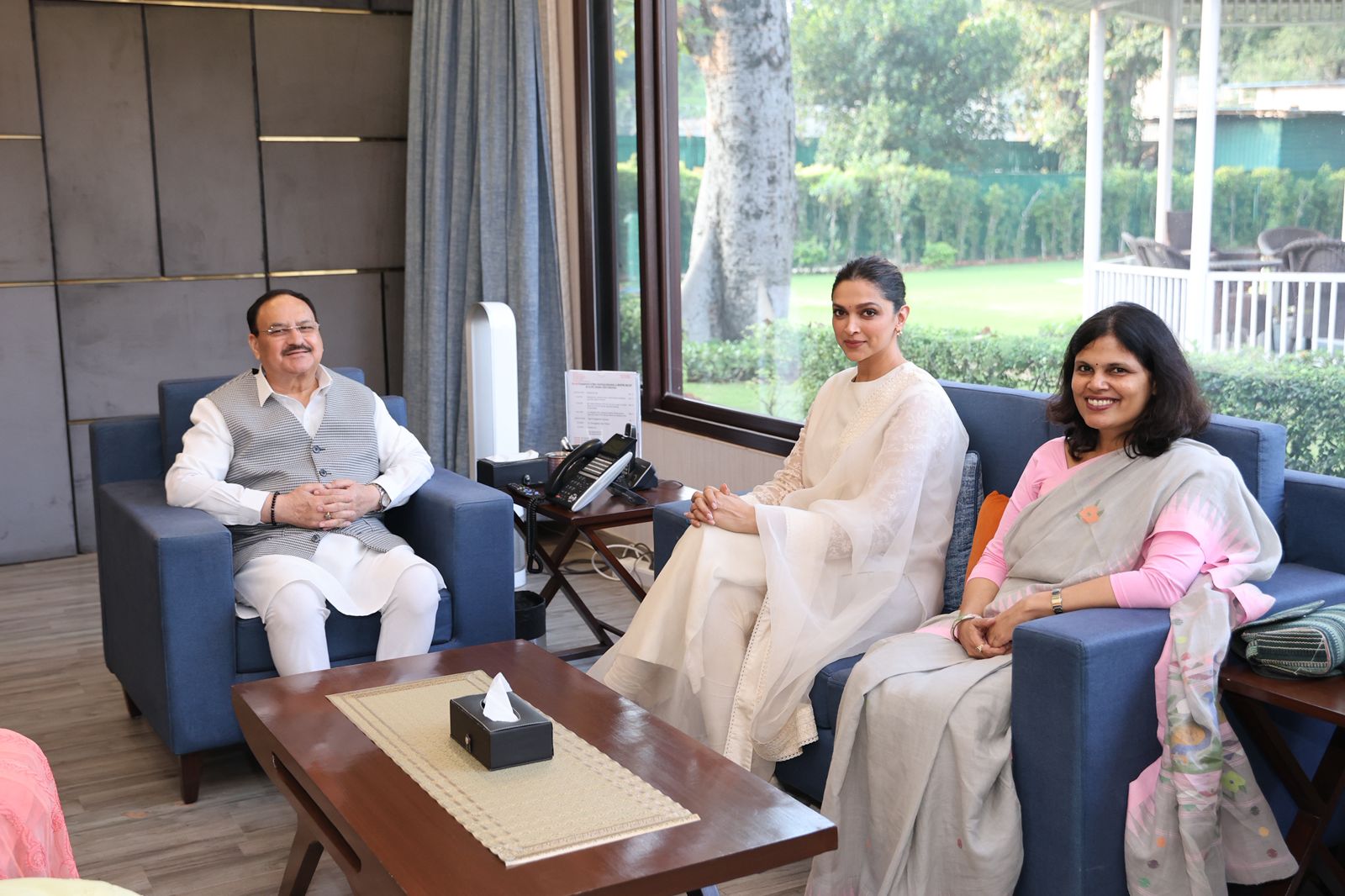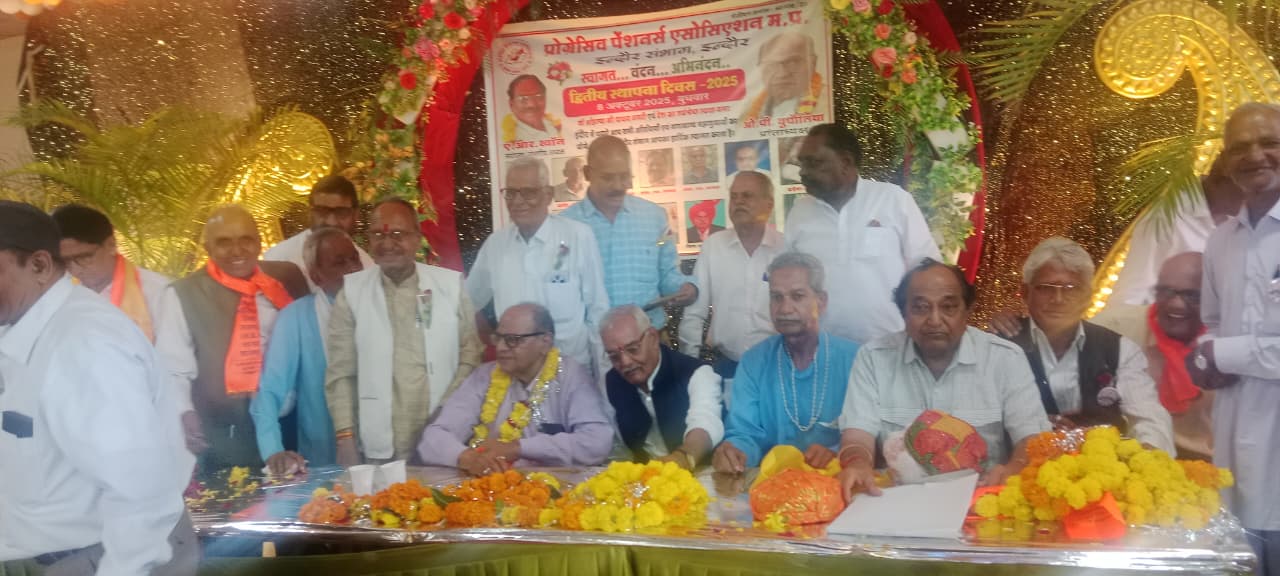
In today’s world, there is rampant exploitation of natural resources like water, forests, and land. This is causing significant harm to the environment. Due to climate change, weather patterns are becoming erratic, and the ozone layer is being damaged, which is increasing global temperatures. As temperatures rise, the atmosphere becomes hotter.
To get relief from this heat, air conditioners (ACs) have become almost a necessity in every home. While ACs cool the inside of our homes, have we ever considered how much harmful gas they release into the air? It is important to pay attention to this.
At present, ACs are not only found in big cities but also in small village homes. Installing an AC and getting it refilled every one or two years costs a substantial amount of money. The widespread leakage of refrigerants that affect the climate and unnecessary refilling are causing Indian consumers an estimated annual loss of ₹7,000 crore.
In addition to this economic burden, the gases emitted from ACs pose a serious threat to the environment and our health. To understand how these gases harm our health and the atmosphere, the non-governmental organization iFOREST (International Forum for Environment, Sustainability and Technology) conducted a national survey.
The survey, conducted across 7 cities and covering 3,100 households, revealed a rapidly growing demand for ACs and a serious problem of refrigerant leakage and frequent refilling. This highlights the urgent need for strict regulations to manage climate-warming gases.
Notably, Indian consumers are aware of energy efficiency but have limited knowledge about refrigerants. Most people purchase ACs with a 3-star or higher rating and set their thermostats at 22°C or above.
About 40% of ACs are refilled annually, which cost consumers ₹7,000 crore in 2024 and resulted in 52 million tonnes of CO₂ equivalent emissions. Ideally, an AC should only be refilled once every five years, but in India, refilling is happening every 2–3 years.
In 2024, total AC-related emissions were 156 million tonnes of CO₂ equivalent, equal to the emissions from all passenger cars in India. By 2035, this number is projected to rise to 329 million tonnes, making ACs the highest greenhouse gas-emitting appliance by 2030.
With proper lifecycle refrigerant management, India can avoid 500 to 650 million tonnes of CO₂ equivalent emissions between 2025 and 2035, which would be worth $25 to $33 billion in carbon credits. Consumers could also save $10 billion by avoiding unnecessary refilling.
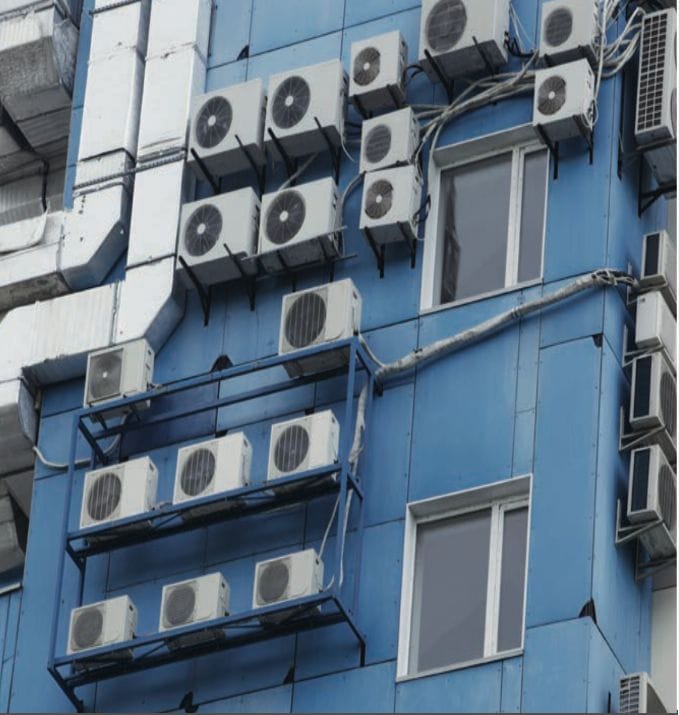
The iFOREST report on India’s Residential Air Conditioning (RAC) sector was presented in a virtual workshop titled “The Climate Cost of Air Conditioning”. The survey spanned Delhi, Mumbai, Chennai, Kolkata, Pune, Ahmedabad, and Jaipur, representing 3,100 households. The findings highlighted sharp growth in AC ownership, widespread refrigerant leakage, poor servicing infrastructure, and policy loopholes—making the case for immediate, comprehensive lifecycle refrigerant management rules.
According to Chandra Bhushan, a senior official at iFOREST:
> “Since 2020, there has been an unprecedented rise in room AC sales. In the next ten years, the number of ACs is expected to triple to 245 million. But are we maintaining our ACs in a way that reduces environmental impact?
> We found consumers are aware of energy efficiency but largely unaware of refrigerants and their environmental impact. Moreover, there is a lack of regulations and systems to control refrigerant leakage.”
– Amitabh Pandey
[Author is a senior journalist. Contact: 9424466269].

